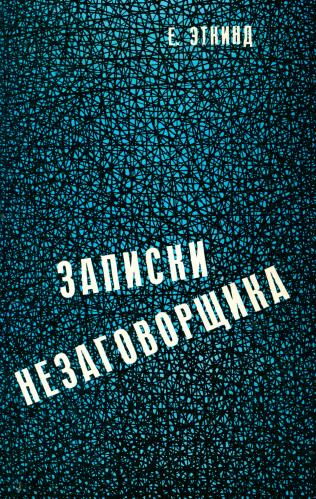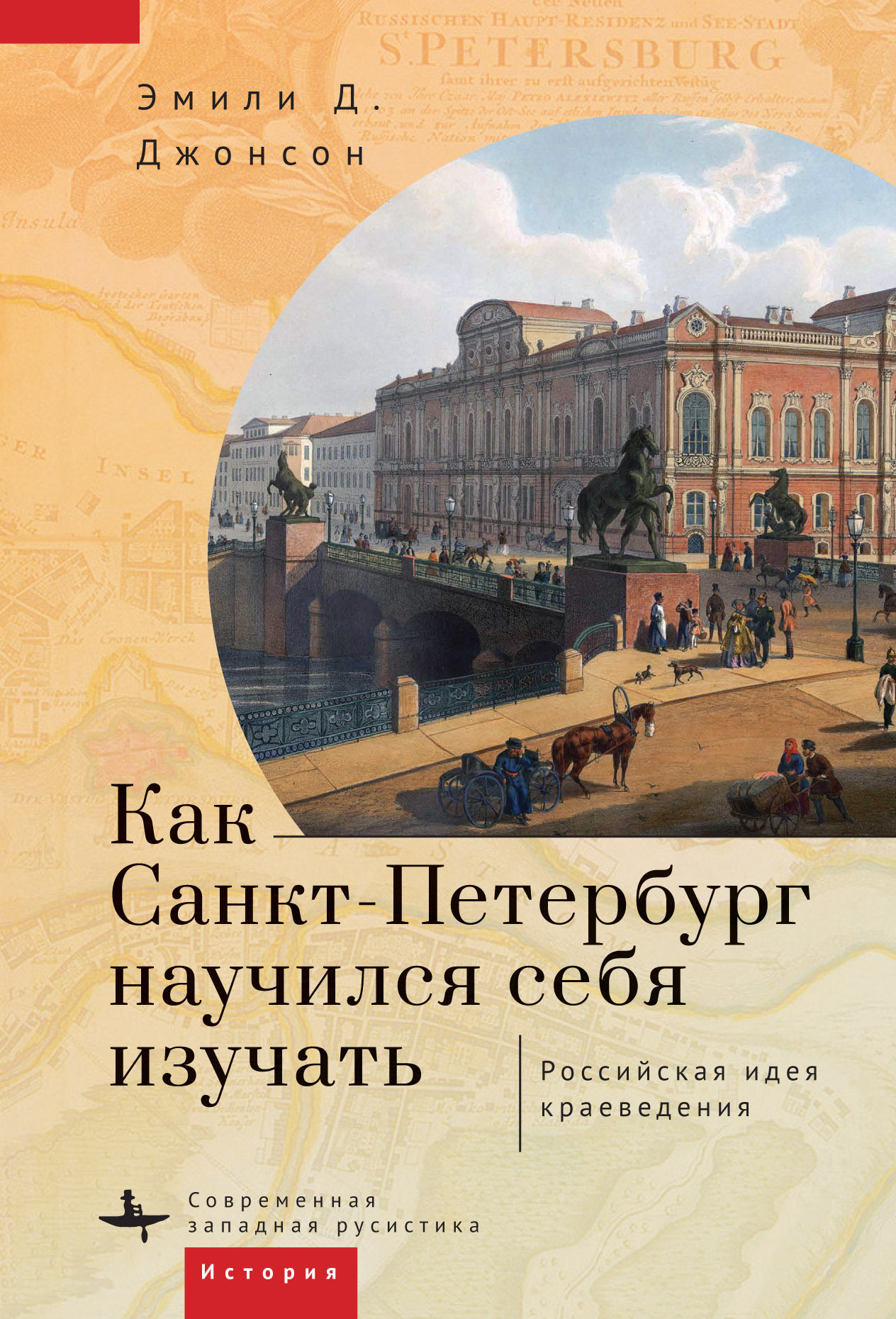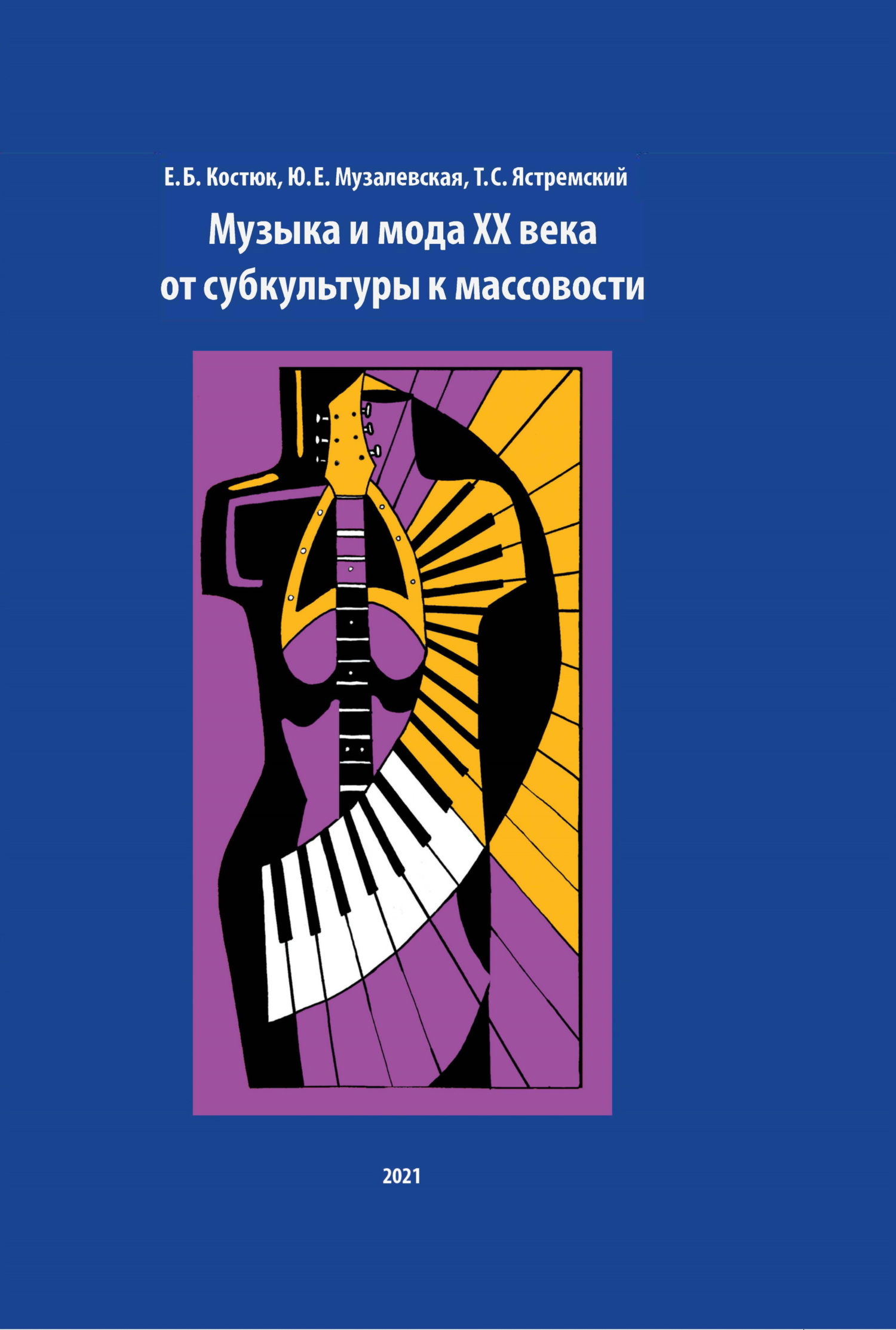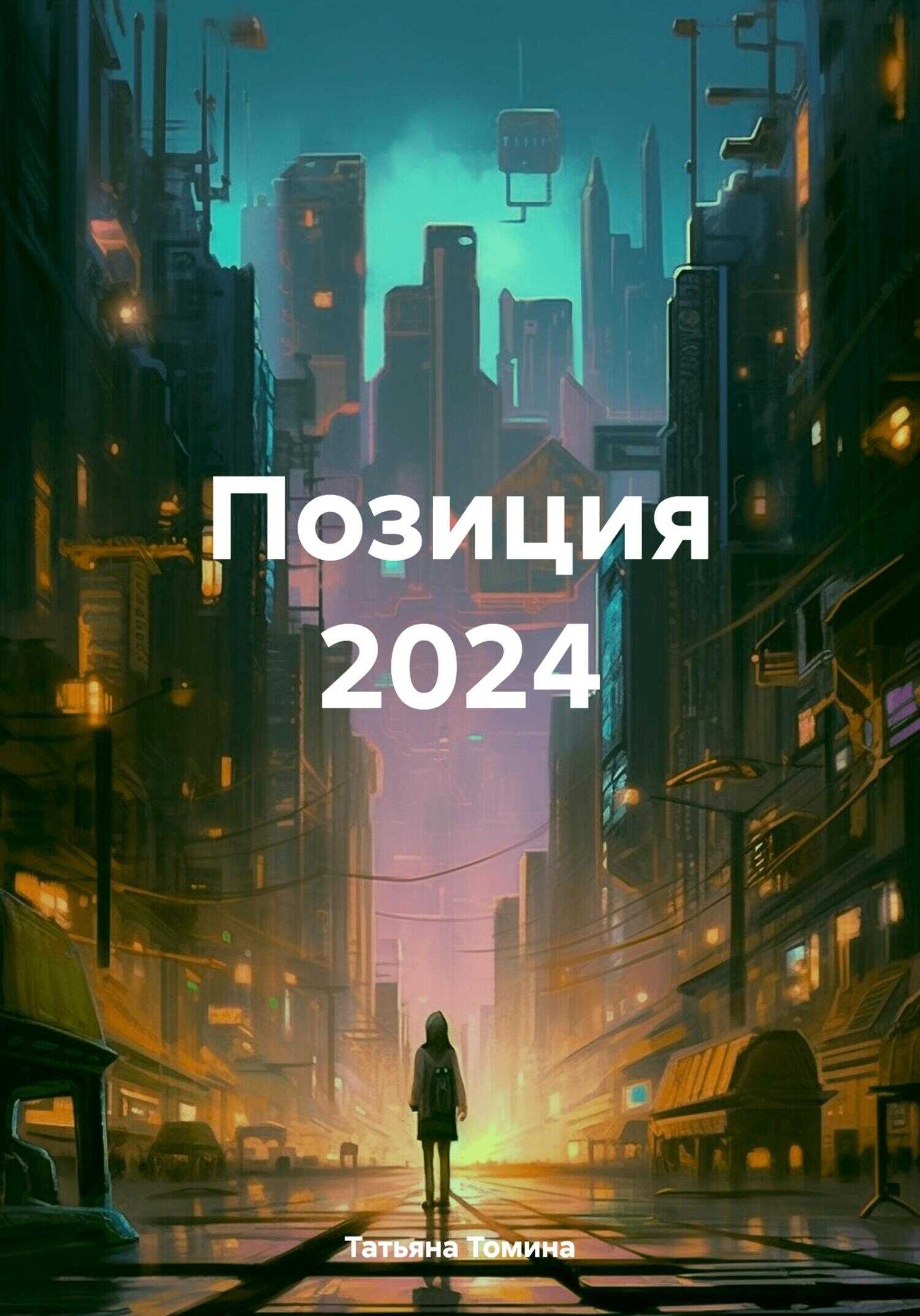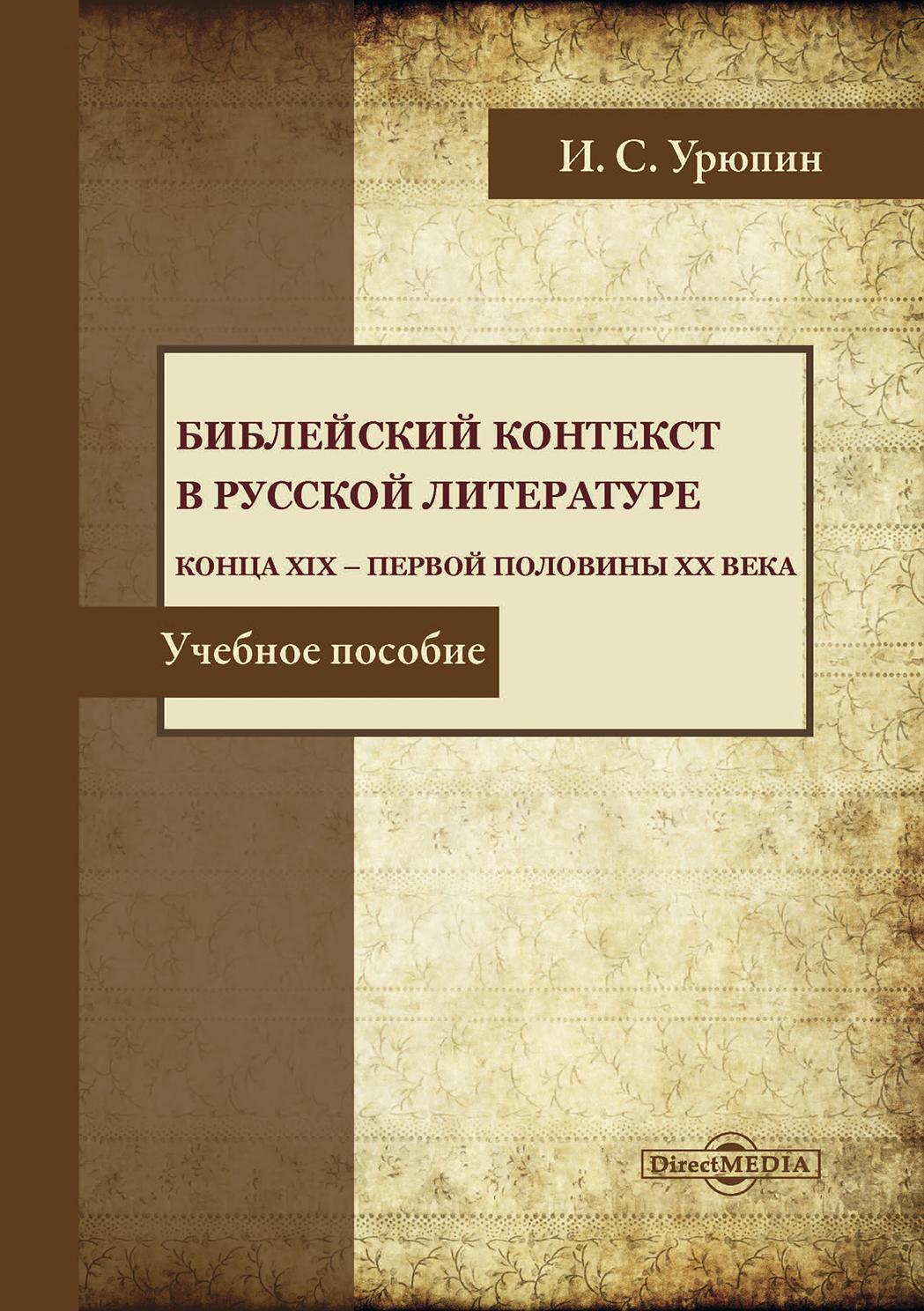London: Phaidon, 1996.
–. Introduction II Seeking the Soul: The Music of Alfred Schnittke. George Odam (ed.). London: Guildhall School of Music and Drama, 2002. P. 5–8.
–. Letter from Moscow Post October Soviet Art: Canon and Symbol // Musical Quarterly 74, no. 2 (1990): 303–317.
–. The Paradox of Russian Non-Liberty // Musical Quarterly 76, no. 4 (Winter 1992): 543–556.
–. Shostakovich and Schnittke: The Erosion of Symphonic Syntax // Shostakovich Studies. David Fanning (ed.). P. 254–270. Cambridge: Cambridge University Press, 1995.
Iyer, Vijay. Improvisation, Temporality and Embodied Experience // Journal of Consciousness Studies 11, no. 3–4 (2004): 159–173.
Jacobson, Bernard. A Polish Renaissance. New York: Phaidon, 1996.
Jameson, Fredric. Postmodernism, or, the Cultural Logic of Late Capitalism. Durham, N.C.: Duke University Press, 1991.
Janoff-Bulman, Ronnie. Shattered Assumptions: Towards a New Psychology of Trauma. New York: Free Press, 1992.
Janoff-Bulman, Ronnie, and Michael Berg. Disillusionment and the Creation of Value: From Traumatic Losses to Existential Gains // Perspectives on Loss: A Sourcebook. John H. Harvey (ed.). Philadelphia: Taylor & Francis, 1998. P. 35–48.
Janoff-Bulman, Ronnie, and Andrea R. Berger. The Other Side of Trauma: Towards a Psychology of Appreciation // Loss and Trauma: General and Close Relationship Perspectives. John H. Harvey and Eric D. Miller (ed.). P. 29–44. Philadelphia: Taylor & Francis, 2000.
Jauss, Hans Robert. Towards an Aesthetic of Reception. Translated by Timothy Bahti. Minneapolis: University of Minnesota Press, 1982.
Johnston, Hank. Religio-Nationalist Subcultures under the Communists: Comparison from the Baltics, Transcaucasia, and Ukraine // Politics and Religion in Central and Eastern Europ. William H. Swatos, Jr. (ed.). Westport, Conn.: Praeger, 1994. P. 17–35.
Jungaberle, Henrik. New Steps in Musical Meaning: The Metaphoric Process as an Organizing Principle // Nordic Journal of Music Therapy 10, no. 1 (2001): 4-16.
Kaganovsky, Lilya. How the Soviet Man Was Unmade: Cultural Fantasy and Male Subjectivity under Stalin. Pittsburgh: University Pittsburgh Press, 2008.
Kalinak, Kathryn Marie. Settling the Score: Music and the Classical Hollywood Film. Madison: University of Wisconsin Press, 1992.
Kanski, Jozef. XIV Festiwal w Royan // Ruch Muzyczny 21, no. 13 (1977): 14–15.
Kassabian, Anahid. Hearing Film: Tracking Identifications in Contemporary Hollywood Film Music. New York: Routledge, 2001.
Кац Б. Семь взглядов на одно сочинение // Советская музыка, № 2 (495), 1980: 9-17.
Kelly, Catriona, and David Shepherd. Russian Cultural Studies: An Introduction. Oxford: Oxford University Press, 1998.
Kennedy, Janet. Realism, Surrealism, and Photorealism: The Reinvention of Reality in Soviet Art of the 1970s and 1980s. // Nonconformist Art: The Soviet Experience 1956–1986. Alla Rosenfeld and Norton T. Dodge (eds). New York: The Jane Voorhees Zimmerli Art Museum, Rutgers, The State University of New Jersey, and Thames and Hudson, 1995. P. 273–293.
Kholopova, Valentina. Alfred Schnittkes Works: A New Theory of Musical Content II Seeking the Soul: The Music of Alfred Schnittke. George Odam (ed.). London: Guildhall School of Music and Drama, 2002. P. 38–44.
Klass, Dennis, and Tony Walter. Processes of Grieving: How Bonds Are Continued // Handbook of Bereavement Research: Consequences, Coping, and Care. Margaret S. Stroebe, Robert O. Hansson, Wolfgang Stroebe, and Henk Schut (eds). Washington, D.C.: American Psychological Association, 2001. P. 431–448.
Kleinman, Arthur and Joan Kleinman. The Appeal of Experience; the Dismay of Images: Cultural Appropriations of Suffering in Our Times // Social Suffering. Arthur Kleinman, Veena Das, and Margaret Lock (eds). Berkeley: University of California Press, 1997. P. 1–24.
Kornetchuk, Elena. Soviet Art under Government Control: From the 1917 Revolution to Khrushchevs Thaw // Nonconformist Art: The Soviet Experience 1956–1986. Alla Rosenfeld and Norton T. Dodge (eds). New York: The Jane Voorhees Zimmerli Art Museum, Rutgers, The State University of New Jersey, and Thames and Hudson, 1995. P. 36–48.
Kostakeva, Maria. Artistic Individuality in Schnittke’s Overture and His New Political Mythology // Seeking the Soul: The Music of Alfred Schnittke. George Odam (ed.). London: Guildhall School of Music and Drama, 2002. P. 17–27.
Kovnatskaya, Lyudmila. Ustvolskaya, Galina Ivanovna // Grove Music Online. Oxford Music Online (2003), http://www.oxfordmusiconline.com. ezproxy.lib.usf.edu/subscriber/article/grove/music/28870.
Krajewski, Stanislaw. The Controversy over Carmel at Auschwitz: A Personal Polish-Jewish Chronology // Memory Offended: The Auschwitz Convent Controversy. Carol Rittner and John K. Roth (eds). New York: Praeger, 1991. P. 115–133.
Kramer, Jonathan D. The Nature and Origins of Musical Postmodernism // Postmodern Music/Postmodern Thought. Judy Lochhead and Joseph Auner (eds). New York and London: Routledge, 2002. P. 13–26.
Kramer, Lawrence. Chopin at the Funeral: Episodes in the History of Modern Death // Journal of the American Musicological Society 54, no. 1 (Spring 2001): 97-125.
–. Classical Music and Postmodern Knowledge. Berkeley: University of California Press, 1995.
–. Music as Cultural Practice, 1800–1900. Berkeley: University of California Press, 1990.
–. Musical Meaning: Toward a Critical History. Berkeley: University of California Press, 2002.
–. Saving the Ordinary: Beethoven’s ‘Ghost’ Trio and the Wheels of History 11 Phrase and Subject: Studies in Literature and Music. Delia da Sousa Correa (ed.). Oxford, U.K.: Legenda, 2006. P. 73–86.
Kvizhinadze, Nika. Recognize and Stand up for What Is Good // The Soviet Scene 1987: A Collection of Press Articles and Interviews. Vladimir Mezhenkov (ed.). London and Wellingborough: Collets, 1987. P. 215–222.
LaCapra, Dominick. Writing History, Writing Trauma. Baltimore: Johns Hopkins University Press, 2001.
Lee, Marian Y. Galina Ustvolskaya: The Spiritual Works of a Soviet Artist. D.M.A. dissertation, Johns Hopkins University, 2002.
Le Guin, Elisabeth. Boccherini’s Body: An Essay in Carnal Musicology. Berkeley: University of California Press, 2006.
Leppert, Richard D. The Sight of Sound: Music, Representation, and the History of the Body. Berkeley: University of California Press, 1993.
Lerner, Neil, and Joseph N. Straus. Sounding Off: Theorizing Disability in Music. New York: Routledge, 2006.
Lewin, Moshe. Russia/USSR/Russia: The Drive and Drift of a Superstate. New York: New Press, 1995.
Leys, Ruth. Trauma: A Genealogy. Chicago: University of Chicago Press, 2000.
Lidov, David. Mind and Body in Music // Semiotica 66 (1987): 69–97.
Lipscomb, Scott D., and Roger A. Kendall. Perceptual Judgement of the Relationship between Musical and Visual Components in Film // Psychomusicology 13 (1994): 60–98.
Lipsitz, George. Dangerous Crossroads: Popular Music, Postmodernism, and the Poetics of Place. London and New York: Verso, 1994.
Lochhead, Judy, and Joseph Auner (eds). Postmodern Music/Postmodern Thought. New York




















